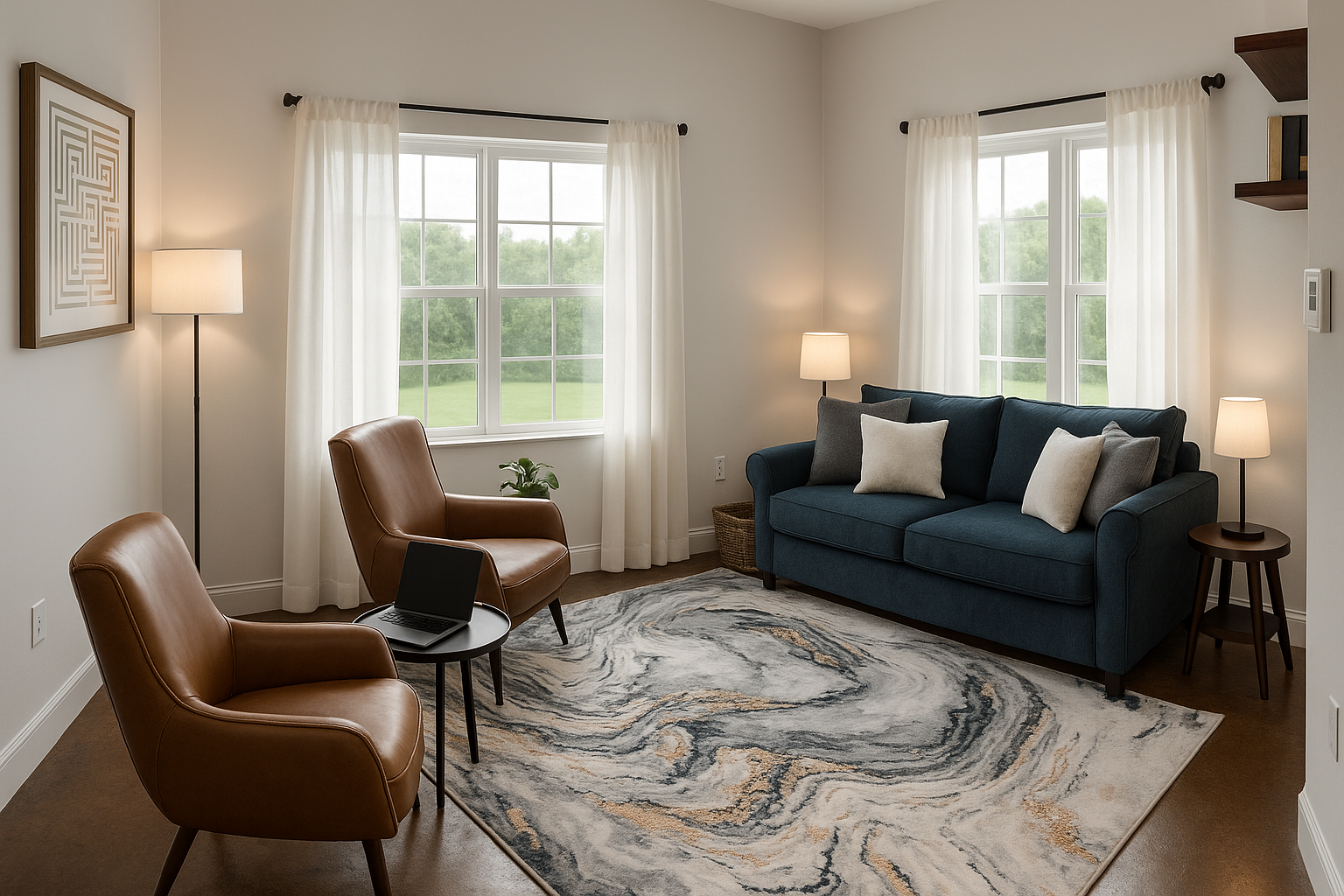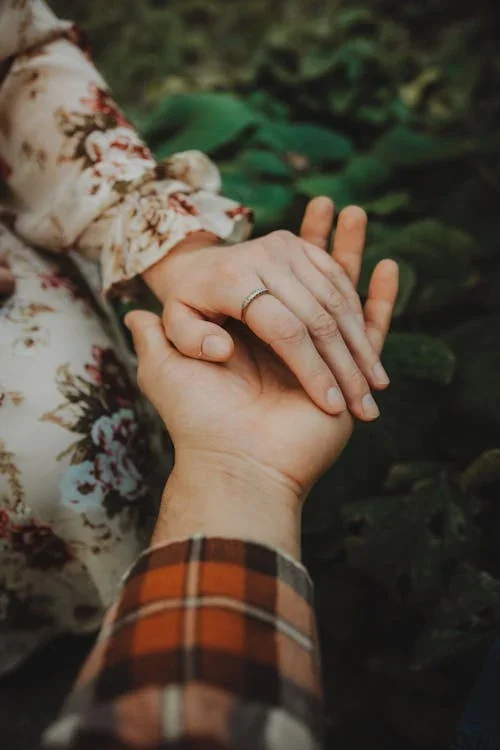
Experience greater clarity and connection.
Therapy for Couples
"What matters more than anything is developing the emotional capacities to talk successfully about almost any issue. How couples listen to one another, how they reveal themselves, and how they face differences is what matters the most. It's what will make or break many relationships."
- Ellyn Bader
When I sit with couples, I know I’m stepping into something sacred.
The space between two people who care deeply but often feel misunderstood. I don’t see conflict as a sign that something is broken. Conflict is a signal, an invitation to slow down and pay attention to what really matters underneath.
How I can help
My role is rarely to take sides or decide who’s “right.”
Instead, I help each of you stay true to yourself while still reaching for one another. That balance—holding onto your own needs without shutting out your partner—is often where real intimacy is found.
We work on noticing the patterns you fall into when things get hard, whether that’s pulling away, shutting down, or pressing harder. Once those cycles come into focus, you can begin to respond to each other with more clarity, compassion, and steadiness.
Here’s what we’ll do together
Alongside the deeper emotional work, I also bring in practical tools to help you manage conflict and strengthen connection in daily life.
Years of research on relationships show that thriving partnerships aren’t built on grand gestures, but on the small, consistent moments of connection: turning toward each other instead of away, expressing appreciation, and keeping curiosity alive even when you think you already “know” your partner.
When conflict shows up (and it always does), the difference isn’t about avoiding it; it’s about how you repair afterward. In our work, we practice slowing down arguments, finding ways to de-escalate, and rebuilding trust when things get heated.
What we’ll work on
You’ll walk away with —
01
A clearer understanding of each other
Seeing what drives your partner and how to stay curious instead of reactive.
02
Tools for conflict that build trust
Turning tough moments into repair and deeper connection.
03
Freedom to be yourself together
Balancing individuality with closeness in your relationship.
04
Simple practices that last
Daily ways to strengthen friendship, intimacy, and appreciation.
Questions? I’ve got answers.
Frequently asked questions —
-
My approach combines research-backed methods with the real, lived experiences of couples I’ve worked with. I draw from Emotionally Focused Therapy to help partners reconnect at a deeper level, from the Gottman Method to strengthen communication and trust, and from differentiation theory to support each person’s growth within the relationship. I believe lasting change happens when couples learn to both stay connected and stand on their own two feet.
-
Absolutely. Couples therapy is beneficial for relationships at any stage, providing tools and insights that can prevent minor issues from becoming major challenges.
-
Therapy is different for everyone. Some people find that a few months of focused work is enough, while others benefit from longer-term support. We’ll talk openly about what feels right for you.
-
Our sessions are a mix of conversation, reflection, and practical tools you can apply in real life. I’ll guide the process, but you set the pace and bring what matters most to you.
-
Yes. I see clients in person at my Clemmons, NC office, and virtually across North Carolina and South Carolina. Many people appreciate the flexibility of online sessions.
-
If you’re feeling stuck, overwhelmed, or disconnected in your relationships, therapy can help. You don’t need to be in crisis to start. Sometimes, beginning before things get worse is the best step you can take.



